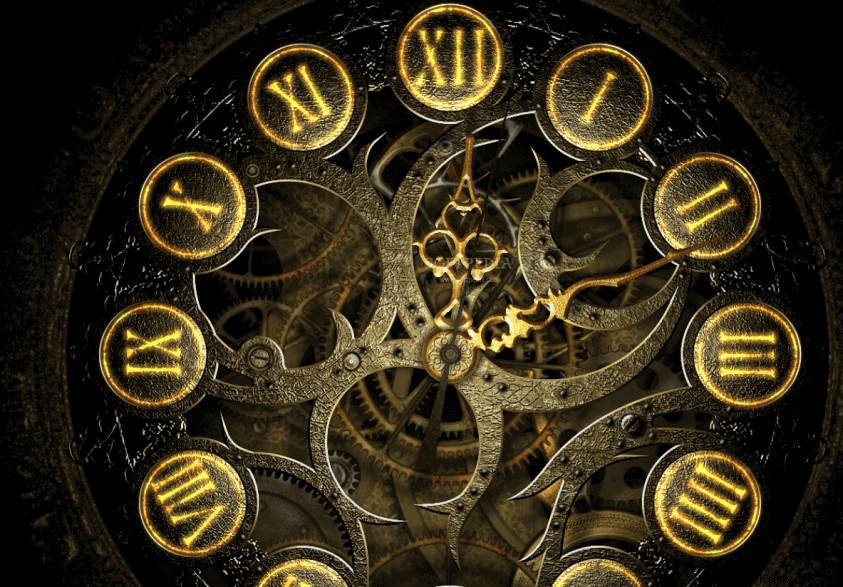
I don't know why, but very many have a static, statuary idea of history, and make the mistake of evaluating (and judging) the events of the past with the modern parameters of civilization and the Western world, forgetting, perhaps too easily, that many of those rights that we take for granted today, just a few centuries ago (and in some cases, just a few decades ago) they were anything but taken for granted.
History is also and above all this, it is the narration not only of the events, but of the system of evaluation and moral judgment of the contemporaries of those events.
Let's take Italy for example, today Italy is a republic, governed by democracy, in which there are numerous and important civil rights that were unthinkable just over 70 years ago, and not because at the time there was a dictatorship in Italy, but because at the time Italy was a republic, but a monarchy, a parliamentary monarchy in which the king, as they said at the time, reigned but did not govern, but still a monarchy, and however limited the powers might be of the king, these were enough to allow the sovereign, at any time, to choose arbitrarily and without paying any attention to the will of the Italians, to appoint any man as head of the government.
And Vittorio Emanuele III king of Italy will act in exactly this way, twice during his reign, men who had not de facto "won" the elections will be appointed heads of the government. The first of these men was Benito Mussolini, who, following a private conversation between the leader of the PnF and the King, using an armed people encamped outside the capital as an instrument of pressure, managed to obtain a government post, despite the their party to which they belong could count on an extremely small number of parliamentarians, we are talking about just over a quarter of Italian parliamentarians.
The second man to be arbitrarily appointed head of government was Pietro Badoglio, who was appointed head of government, at the request of the PnF and its institutionalized bodies, such as the high council and the chamber of fasces, bodies that had the previous prime minister Mussolini was disowned, and proposed as provisional head of state, until new elections, a prominent man of the Party, close to the king, and who supported the decision to surrender to the Anglo-American forces and end the war.
When the king accepted the request of the "Italian parliament" which was not a real parliament, but more a party organ overwritten by the Italian institutions, he did so in full of his powers and in full compliance with the laws in force at the time.
Today those laws appear absurd and senseless to us, today in the light of almost three quarters of a century in a republic, that institutional system appears to us fallacious and wrong, for some it is even inconceivable and totally incompatible with our current moral parameters, but those that are our valuation paradigms today, they cannot change what has been, and we cannot, in the light of the republic.
Questioning the legitimacy of actions, decisions and value systems made in what was fundamentally a different world, based on our Western and modern principles is, historically, the most wrong thing that can be done, because in the to do so, an a posteriori judgment is expressed on events whose context is not fully understood.
In my opinion, one of the most important tasks of the historian is not to reconstruct the facts of the past, but to place those facts, those events, in a precise historical, political, cultural context, the task of the historian is to try to define and understand a world that no longer exists, whose mechanics are governed by ideas that are no longer applicable and in some cases may appear inhumane.
Take, for example, slavery in the Americas in the 19th century or Nazi Germany. The values and principles of the slavers and the Nazis, from a certain point of view, are very similar, and today, common sense would have those values and those ideas of superiority of a people or an ethnic group over others, to be considered abominable. But at the time, that was not the case, those ideas were widely spread and accepted, both in the world where slavery and racism were widespread, and outside that world, where perhaps there were no slave plantations or concentration camps. , but those ideas were tolerated, and their tolerance outside that world allowed them to exist.
I conclude by saying that we "historians" cannot take sides and judge the events of the past on the basis of our modern values, because this is not part of our duties. We historians have the task of preserving the memory of the world, in the most congruous and objective way possible, without contaminating the events of the past with our political ideas or with our system of values.
